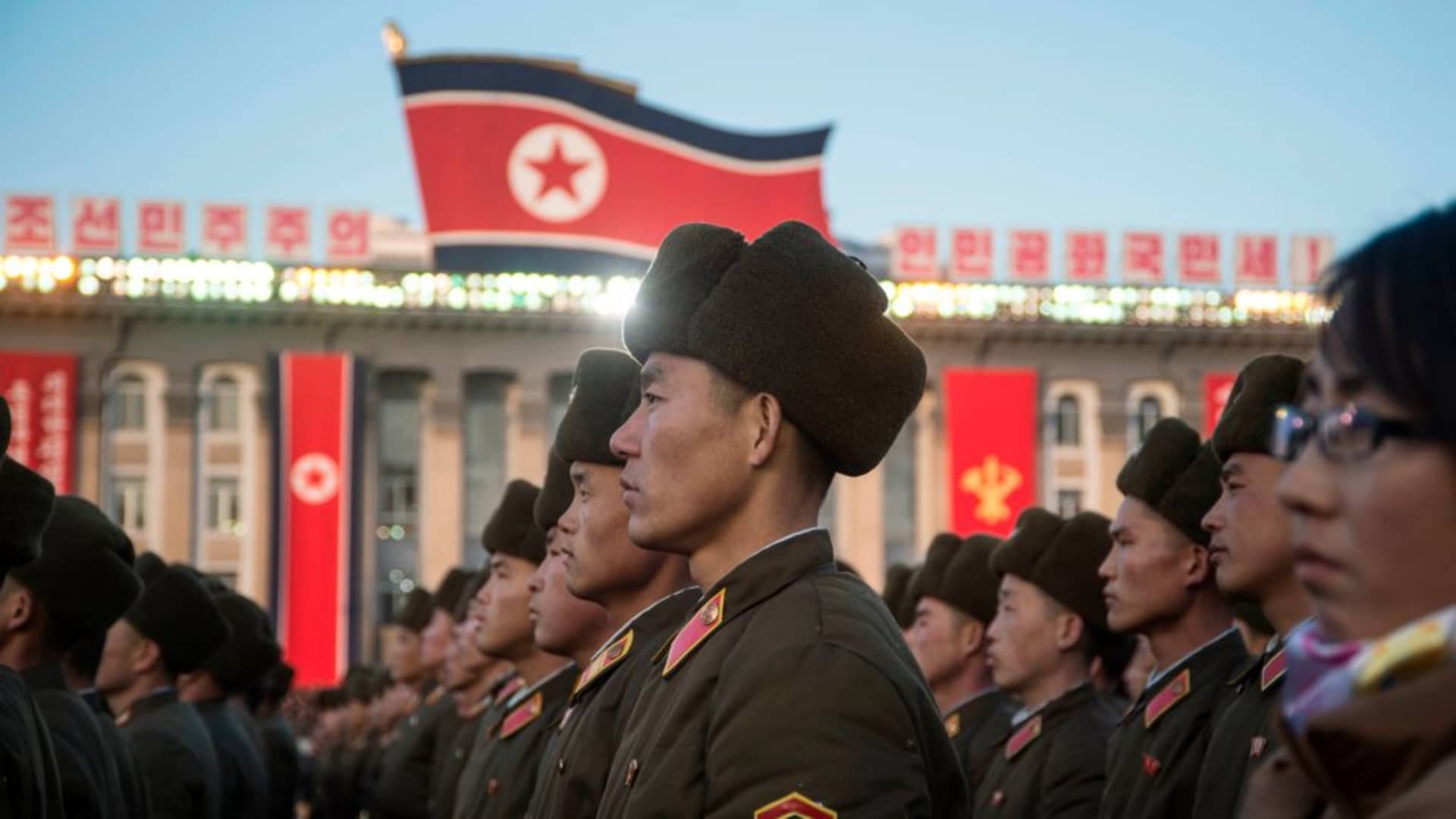A Canadian’s decision to bear witness
Mr. Trudeau ran for his camera, and dashed from the house where he was living with an Iraqi family, to the highway juncture that led to the airport. There, he came face to face with the war.
"You have this image of the action being in front of you and you hiding behind a bush and, realistically, that doesn’t happen," he said. "There were guys with handguns, Baath Party guys, madly waving to me. I was close to a wall, and I just edged around it then I just bolted.
"There was no way I could explain what the hell I was doing there, who the hell I was. I went back to the house, went to my room and had a moment of ‘oh my God,’ while the battle continued all over."
A month before, in mid-February, the buildup to the U.S.-led war in Iraq was reaching its crescendo, and Mr. Trudeau, a documentary filmmaker and son of former prime minister Pierre Trudeau, decided to "bear witness," as he puts it, to the suffering that was about to be inflicted on Iraqi civilians.
"I feel drawn to places that are in crisis, that are not being understood properly. There’s a sense of excitement in going there," he said.
So he packed his bags and his handheld camera, and left.
Mr. Trudeau arrived in Baghdad on March 10, and left on April 17. Some of what he saw will air on Sept. 7 on CTV in his documentary Embedded in Baghdad.
"I thought, if there were journalists that were going to be embedded with the American and British armies and fall under their strategic view of the situation, then maybe a few should be embedded with Iraqi civilians," he said. "It wasn’t a political argument I was making. I just wanted to go there and show that humans are always touched by war."
What he saw was a people who would make every effort to go about their daily lives, even in the midst of a shock-and-awe bombing campaign that rendered much of Baghdad powerless and left countless buildings in rubble.
"If they weren’t able to live through a lot, they wouldn’t be living at all," he said of the Iraqis. "It’s like, if it’s a heavy rain, you’re not going to go outside, but if it’s a light rain, you’ll take your chances. It’s the same with a bombing when people are accustomed to that sort of thing."
In the midst of a battle zone that Mr. Trudeau describes as "almost constant chaos," he was touched by the humanity in the streets.
One woman, who he said haunts his documentary, he simply could not move away from.
"The mother of the family I stayed with. . . . She is a tremendously powerful human, and a great character, but she also has this mythical presence. For me, she is the spirit of Baghdad.
"Her humanity is so powerful that it almost becomes mythical."
Stories such as Ms. A-Saadi’s, which the rest of the world never got to see, pushed Mr. Trudeau to make the documentary, he said.
"I knew that when the war would happen, the picture would be one-sided and in some senses false, and what I wanted to do, was tap into the humanity which is at the heart of all these things.
"My journalistic motivation was to see everyday people, the human side of things over there. Nothing I saw [on TV] portrayed very much of how people are going about their lives while they’re being bombed."
He shot 10 hours of footage, and through much of it the camera was shaking. Some of his most vivid memories came at times when it was impossible to film, such as when his life was threatened at a checkpoint — a story he described in Maclean’s magazine — or simply because, through much of the bombing, there was no light to shoot with.
"[During the air campaign,] we got more and more bottled up in the little house and we had less and less food, less and less everything," he said. "We got more and more afraid, but yet we had great nights all sitting around the table just trying to forget it all, listening to the radio in the dark."
Leaving those people, he said, was harder than he could have imagined.
"I fell in love with them . . . and I don’t think they could imagine me not being there. It wasn’t that long, but time lost its meaning," he said. "Leaving that was difficult. How could I leave them to their fate, those people I cared so much about?"
Mr. Trudeau said that he never really thought the documentary was any good, until he returned home and sat down to edit.
"I got back and looked at it, thought about it and realized that ‘yeah, I got it. I got what I wanted. I got this human quality that everyone missed.’ "


